Are you wondering about the price tag of getting an exhaust installed? Uncover the essential factors impacting the cost, such as the type of exhaust, vehicle make and model, and materials, and find out what to expect in terms of expenses.
How Much Does It Cost to Get an Exhaust Installed?
On average, the cost of replacing a car’s exhaust system can amount to approximately $800 for most car owners. However, the price range typically varies between $400 and $1,200, encompassing both the cost of parts and labor.
These figures account for the necessary components and the skilled workmanship entailed to install the exhaust system effectively.
Contributing Factors to the Cost of Exhaust System Installation
Below are the key factors that impact the cost of installing an exhaust system and gain a better understanding of the variables involved in pricing.
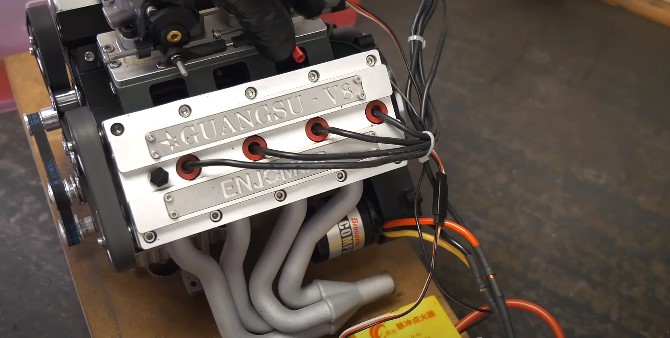
Make or Model
The make or model of a vehicle is a significant factor that can influence the cost of installing an exhaust system.
Different vehicle manufacturers may have unique exhaust system designs, specifications, or requirements, which can affect the availability and pricing of compatible exhaust components.
Some vehicles may have complex exhaust configurations or require specialized exhaust systems due to their performance characteristics or engine layouts. This can result in higher costs for sourcing and installing the appropriate exhaust system.
Additionally, luxury or high-end vehicle models often have more sophisticated exhaust systems with advanced features or materials, contributing to increased expenses. Thus, considering the make or model of a vehicle is crucial when estimating the cost of installing an exhaust system.
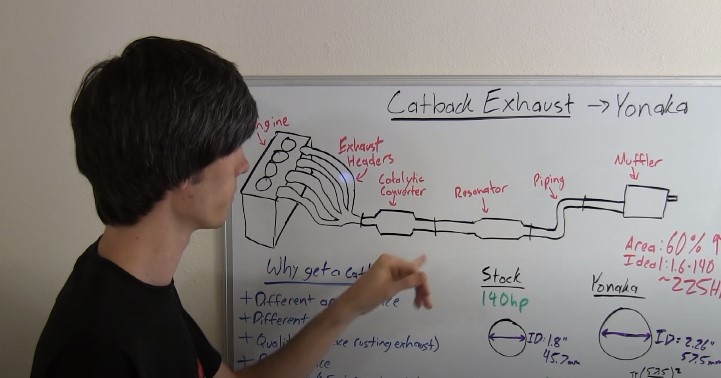
Type of Exhaust System
When it comes to exhaust systems, there are two primary types to consider: axle-back and cat-back. Axle-back systems are installed behind the rear axle of the vehicle and typically include a muffler, tailpipe, and exhaust tips.
They offer a relatively straightforward upgrade that enhances the sound and appearance of the vehicle’s exhaust. On the other hand, cat-back systems replace the exhaust components from the catalytic converter to the rear of the vehicle.
These systems provide improved performance and sound quality compared to stock exhausts. However, due to their more comprehensive design and higher-quality materials, cat-back systems generally come with a higher price tag compared to axle-back systems.
The choice between the two types depends on individual preferences, budget, and desired performance enhancements.
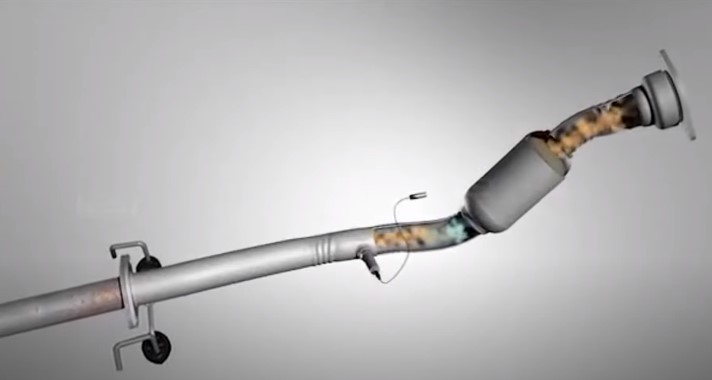
Materials
The choice of materials used in an exhaust system is a crucial factor that influences its cost. Different materials can vary significantly in terms of durability, performance, and aesthetics.
Stainless steel is a popular material option due to its corrosion resistance and longevity, making it a preferred choice for high-quality exhaust systems.
However, stainless steel [1] can be more expensive compared to other materials like aluminized steel or mild steel. Additionally, some premium exhaust systems may feature specialized materials such as titanium or carbon fiber, which offer superior strength-to-weight ratios but come at a premium price.
The material selection directly impacts the overall cost of the exhaust system, with higher-quality and exotic materials generally commanding a higher price point.
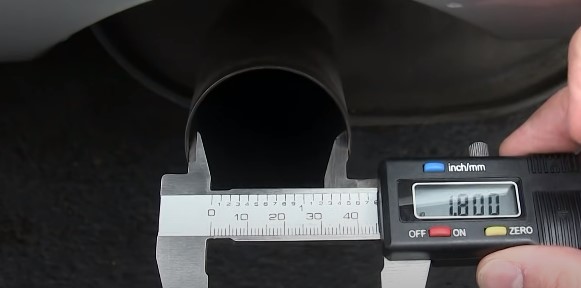
What Are the Possible Signs of a Broken Exhaust System?
A broken or malfunctioning exhaust system can have several noticeable signs, indicating the need for inspection and potential repairs. Understanding these signs can help car owners identify issues early on and prevent further damage. Here are some possible signs of a broken exhaust system:
Unusual Noise
One of the most common signs of an exhaust problem is an unusual noise. A loud roaring, hissing, or rumbling sound coming from the exhaust system could indicate a leak or a damaged component. A failing muffler or a cracked exhaust manifold can also result in a distinct hissing or popping noise.
Increased Engine Noise
If you notice a significant increase in engine noise, especially during acceleration or when revving the engine, it could be a sign of an exhaust issue. A malfunctioning exhaust system fails to properly muffle the sound, resulting in louder engine noise.
Rattling Sounds
A rattling noise coming from the exhaust system, especially when driving over bumps or rough roads, could indicate loose or broken hangers, brackets, or mounting components.
These parts are responsible for securing the exhaust system in place, and when damaged, they can cause the exhaust system to rattle.
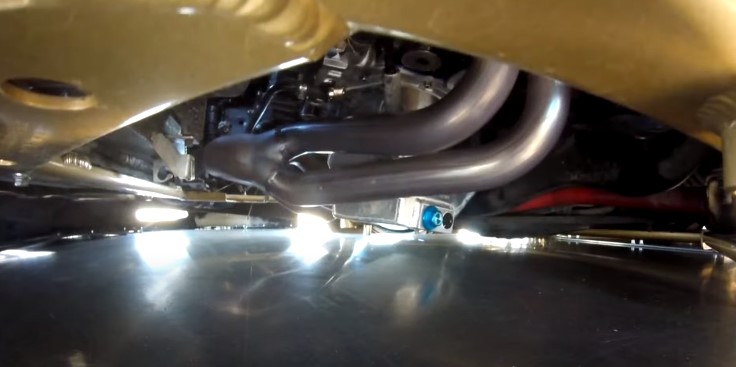
Foul Odors
A leaking or damaged exhaust system can allow exhaust gases, including carbon monoxide, to enter the cabin of the vehicle. If you notice a strong, unpleasant odor of exhaust fumes inside the car, it is crucial to address the issue promptly.
Carbon monoxide is a dangerous gas that can be harmful or even fatal when inhaled in high concentrations.
Decreased Fuel Efficiency
A malfunctioning exhaust system can disrupt the optimal performance of the engine, leading to decreased fuel efficiency. If you notice a sudden drop in mileage or find yourself refueling more frequently, it may be worth having the exhaust system checked for any issues that could be affecting fuel consumption.
Visible Smoke or Steam
The presence of smoke or steam coming from the exhaust pipe can indicate various problems. White smoke could indicate a coolant leak, which may be a sign of a blown head gasket or a cracked cylinder head.
Blue or gray smoke might suggest that oil is being burned in the combustion chamber, indicating engine oil leaks or internal engine problems. In any case, visible smoke or steam should be addressed promptly by a qualified mechanic.
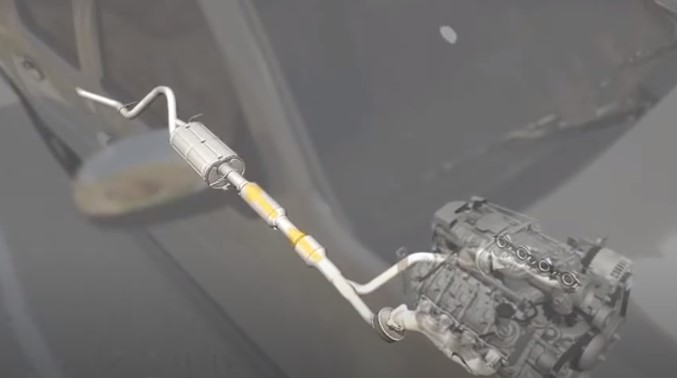
Reduced Engine Performance
A malfunctioning exhaust system can negatively impact the performance of the engine. If you notice a decrease in power, sluggish acceleration, or difficulty maintaining speed, it could be a result of exhaust restrictions or leaks that affect the engine’s ability to expel exhaust gases efficiently.
It is important to note that while these signs are indicative of potential exhaust system issues, they may also overlap with other vehicle problems. Therefore, it is recommended to consult with a professional mechanic who can perform a thorough inspection and diagnosis to accurately identify the cause of the symptoms.
How Often Should You Replace Your Exhaust System?
The lifespan of an exhaust system can vary depending on several factors, such as driving conditions, vehicle make and model, and maintenance. Generally, a well-maintained exhaust system can last anywhere from 2 to 3 years or even longer.
However, it is essential to regularly inspect the exhaust system for signs of damage or wear, and if any issues are detected, it is advisable to replace the necessary components promptly. Regular maintenance and addressing problems promptly can help extend the life of the exhaust system and ensure optimal performance.
Conclusion
The cost of installing an exhaust system can vary depending on factors such as the type of exhaust, vehicle make and model, additional modifications, and labor charges.
Consulting with professionals and obtaining quotes will provide a more accurate estimate for this automotive upgrade.

